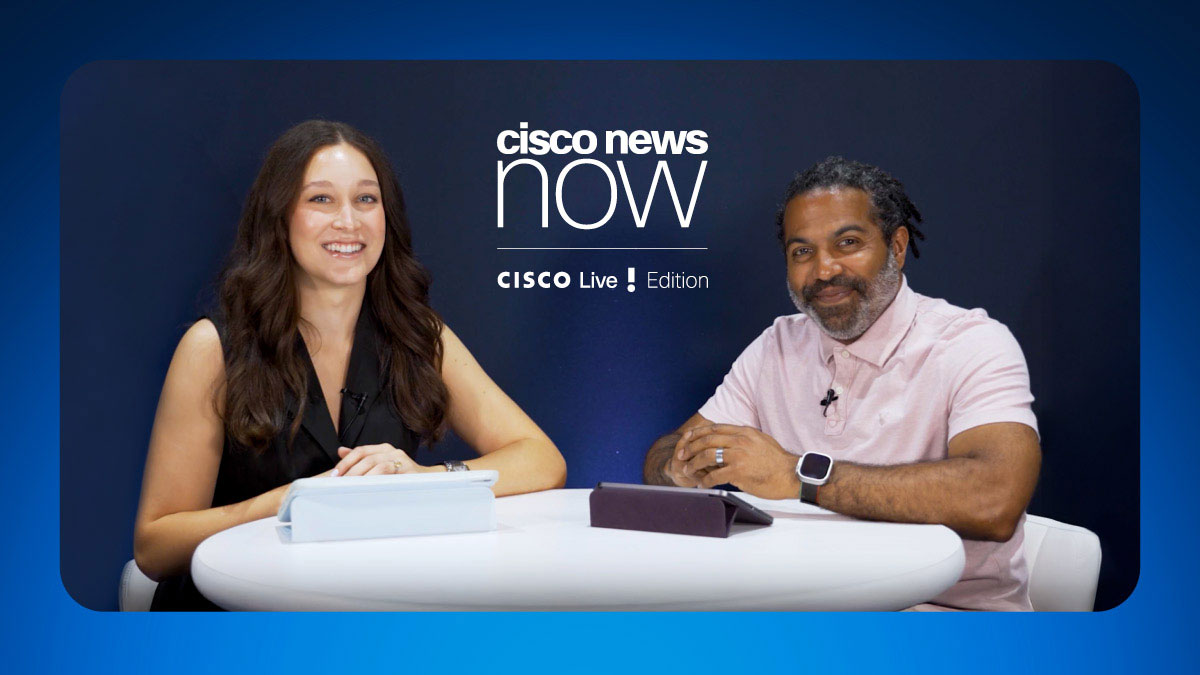Sao Paulo, Brazil, February 6, 2013 - Cisco today presented the latest edition of the Broadband Barometer, which now focuses on connections of 2 Mbps and over, which is considered the minimum speed for enjoying what the Internet has to offer. Conducted by IDC, the study reveals that there were 25.5 million connections in Brazil in December 2012, excluding connections made over smartphones.
According to detailed data from January to June 2012, Brazil has 35 mobile connections for every 100 fixed-line connections. Penetration is 3.1% mobile and 8.9% fixed-line connections (or 31% of homes) per 100 inhabitants. Fixed-line data connections include two new definitions: Broadband 2.0, for speeds of 2.0 Mbps or over; and Broadband 1.0, for connections between 128 Kbps and 2 Mbps. Fixed-line technologies include xDLS, cable TV, fiber, fixed-line wireless, satellite, dedicated lines etc. Mobile technologies include PC connections, and modem access, but not cell phone and smartphone browsing.
Broadband 2.0 fixed-line connections grew 11.5% between January and June 2012, almost three times as fast as Broadband 1.0, totaling 9.2 million connections, or penetration of 4.7% for each 100 inhabitants. Broadband 2.0 represents 52.7% of fixed-line broadband connections in Brazil, 40% of which are 10 Mbps or more.
The survey also provides a five-year broadband forecast for Brazil. In 2016, Brazil is expected to have more than 39.2 million fixed (Broadband 1.0 and 2.0) and mobile connections. Of these, mobile will represent 31.5% and fixed-line connections 69.3%. Two out of every three fixedline connections will be Broadband 2.0.
"The Barometer 2.0 is a solid basis for the broadband debate. Out of this study, we want to raise industry development issues constructively, bringing issues into the public arena that can help drive broadband and information and communication technology in general. Brazil should be targeting an increase in broadband speeds and quality, and everyone should be shouldering this responsibility: the government, operators and technology companies", said Anderson A. André, director of Service Provider, Cisco Brazil.
Other survey highlights:
- xDSl connections continue to dominate the market, up 8.2% during the survey period to 11.5 million connections.
- Cable modem connections already represent more than 29.7% of fixed-line connections in Brazil.
- Together, xDSL and cable modem connections represent 95.5% of all fixed-line connections. The Broadband 2.0 Barometer indicates that these technologies will continue to dominate the market over the next few years, although more advanced technologies like FTTH are growing.
- There are over 6.1 million mobile subscriptions, representing 3.1% of the population. 3G subscriptions rose 10.6% to over 6.1 million as of June 2012.
- Average speeds rose 148 Kbps between January and June 2012 to an average 4.88 Mbps. The main reason behind this increase was changes in speeds brought in by service providers to cope with changes in Internet user profiles in Brazil, to focus on streaming, collaboration and social media.
- Compared with other Latin American countries involved in the survey, Brazilian speeds are second only to Chile, with 6.22 Mbps during the survey period.
- Chile also has the highest penetration of fixed-line broadband connections, with 10.7% of 2.0 connections and 12.3% of 1.0 connections per 100 inhabitants. The ratio in Brazil is 4.7% for Broadband 2.0 and 8.9% for 1.0.
- 3G penetration in Chile is also the highest in the region, with 9.2% per 100 inhabitants. In Brazil, this figure is 3.1% per 100 inhabitants, similar to Argentina, where 3G stands at 3.2% per 100 inhabitants.
- In terms of pricing, Brazilian service providers are concentrating offerings on intermediate speeds (2 Mbps) and higher (5 Mbps or more), with an average access price of 63 BRL in the first half of 2012. This trend is expected to significantly increase average speeds, improving the user experience. Social media, content and B2C are areas set to gain increasing attention.
- The study also showed that recent industry regulations should eliminate market concentration, attracting new competitors, boosting the triple play market in Brazil and helping to increase broadband penetration. Consumer spending and business should further benefit from major upcoming events in 2014 and 2016.
About Cisco Broadband Barometer 2.0
Cisco Broadband 2.0 Barometer is a study looking into the importance of broadband for development in Latin America and discusses the need for suitable infrastructure. The Barometer 2.0 survey includes Brazil, Argentina, Chile and Colombia. Cisco comissioned independent consultant IDC to conduct the survey and all related initiatives to distribute this information. This will provide the public opinion with a reliable and segmented source of information on broadband progress, allowing it to compare results with other Latin American countries.
Cisco Broadband Barometer 2.0 Chile: http://newsroom.cisco.com/press-release-content?type=webcontent&articleId=1111417
Cisco Broadband Barometer 2.0 Argentina: http://newsroom.cisco.com/press-release-content?type=webcontent&articleId=1111404
About Cisco
Cisco (NASDAQ: CSCO) is the worldwide leader in IT that helps companies seize the opportunities of tomorrow by proving that amazing things can happen when you connect the previously unconnected. For ongoing news, please go to http://thenetwork.cisco.com.
# # #
Cisco and the Cisco logo are trademarks or registered trademarks of Cisco and/or its affiliates in the U.S. and other countries. A listing of Cisco's trademarks can be found at www.cisco.com/go/trademarks. Third-party trademarks mentioned are the property of their respective owners. The use of the word partner does not imply a partnership relationship between Cisco and any other company.



